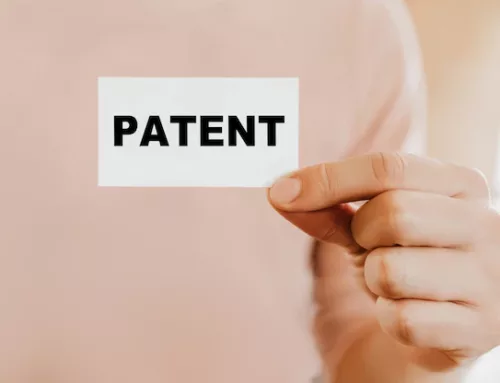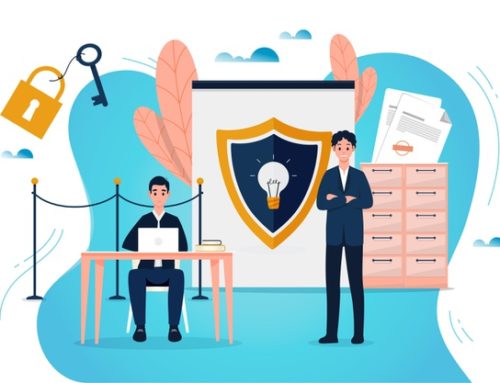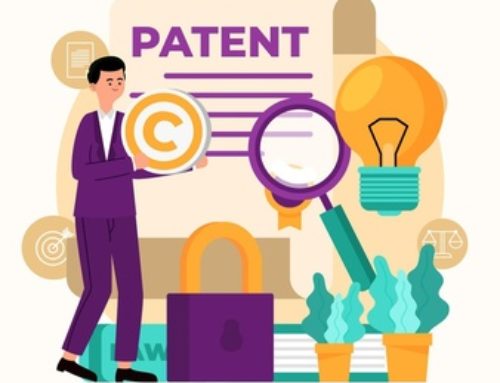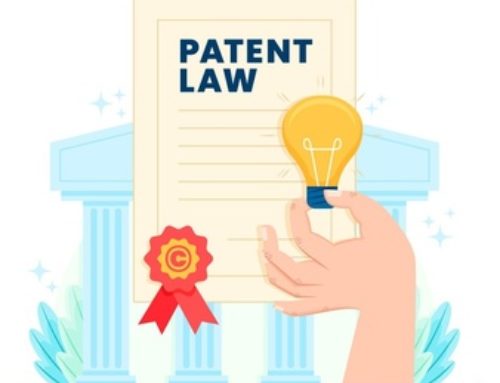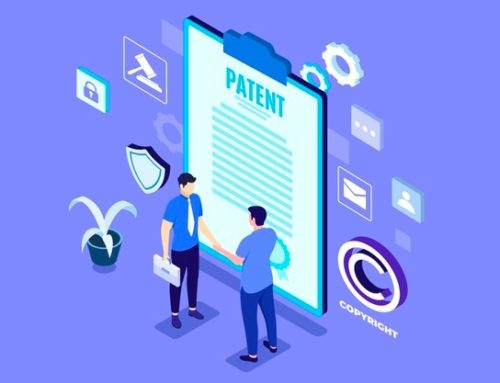Intellectual property represents an estimated 75% of a company’s valuation. With that in mind, the process for filing a patent application might be something you need to learn more about.
Patents grant an inventor a limited-term monopoly in their invention. They protect you from any competitor making, using, selling, or importing your invention. This article will cover the patent application process, focusing on provisional patent applications and prior art searches.
What is a prior art search?
To obtain a patent, the underlying invention must be novel. A “prior art search” is what determines whether your invention is novel. It is a literal search for any issued patents or patent applications, other printed publications, or products on the market that predate a new patent application. Conducting a prior art search can save you money and time, and eventually help you to get your invention patented with fewer complications, as it will prepare you and your patent attorney for possible rejections.
The United States Patent and Trademark Office (USPTO) has devised a Public Patent Application Information Retrieval system. More commonly known as Public PAIR, this allows you to use keywords to search for similar patents. However, most individuals unfamiliar with the system rely on a patent lawyer to analyze the information retrieved from the database.
What should I look for?
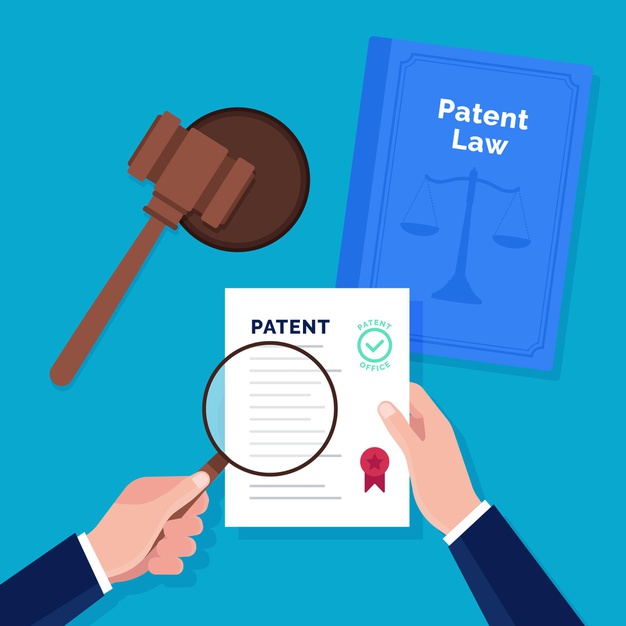
Make sure to search for both patents and patent applications. For their part, provisional applications have not gone through the patent examination process and may not be helpful. They are often used for a priority patent filing date and therefore do not hold patent rights.
A patent is given to new, one-of-a-kind inventions, and a prior art search will help ensure you have an original idea before filing a provisional application. If you encounter a patent for a similar invention, do not attempt to file a patent, since the application will likely be rejected.
If you find patents for inventions that are similar to yours, save for one or two specific differences, consult with a patent attorney. Describe these differences in detail before you file a patent application. Experienced patent lawyers can help you articulate these differences so you can get a patent and enjoy patent protection for such inventions.
When you search for patent information, take note that patent applications are published 18 months after the earliest priority date.
For other patent documents, a written request may also be sent to the USPTO or the relevant government agency handling the patent application process.
To further augment your research, you may look at any related provisional patent application accessible to the public. They are rare, since the only time a provisional patent appears on Public PAIR is when the non-provisional patent takes over the provisional patent form. The non-provisional application must also be granted or published, so searching for provisional patent applications could be useful, but difficult. This is one reason why inventors hire a registered patent attorney when filing patents to protect things they invent or original ideas they create.
What should I do next?
After finding out through your prior art search that your idea is patentable, do not rush with into the application process. A patent application filed incorrectly or a form filled out improperly can hurt your potential patent. To ensure that the process is done correctly, hire the services of a professional, either a patent agent or an experienced patent attorney. They will help make sure that the specification and claims are drafted to fully protect your invention.
Should I seek professional help in filing a patent application?
Applying for a patent is a complex process. This is why most people hire the services of patent attorneys. An experienced patent attorney will ensure that they are filing a patent application correctly, and with less stress and hassle for you.
If you need assistance filing a provisional application, or if you have general questions on how to file and apply for a patent and the associated fees, contact us War IP Law. Our experienced patent attorneys in Washington will be able to answer any questions you may have regarding intellectual property law. Call us for a free initial consultation.

